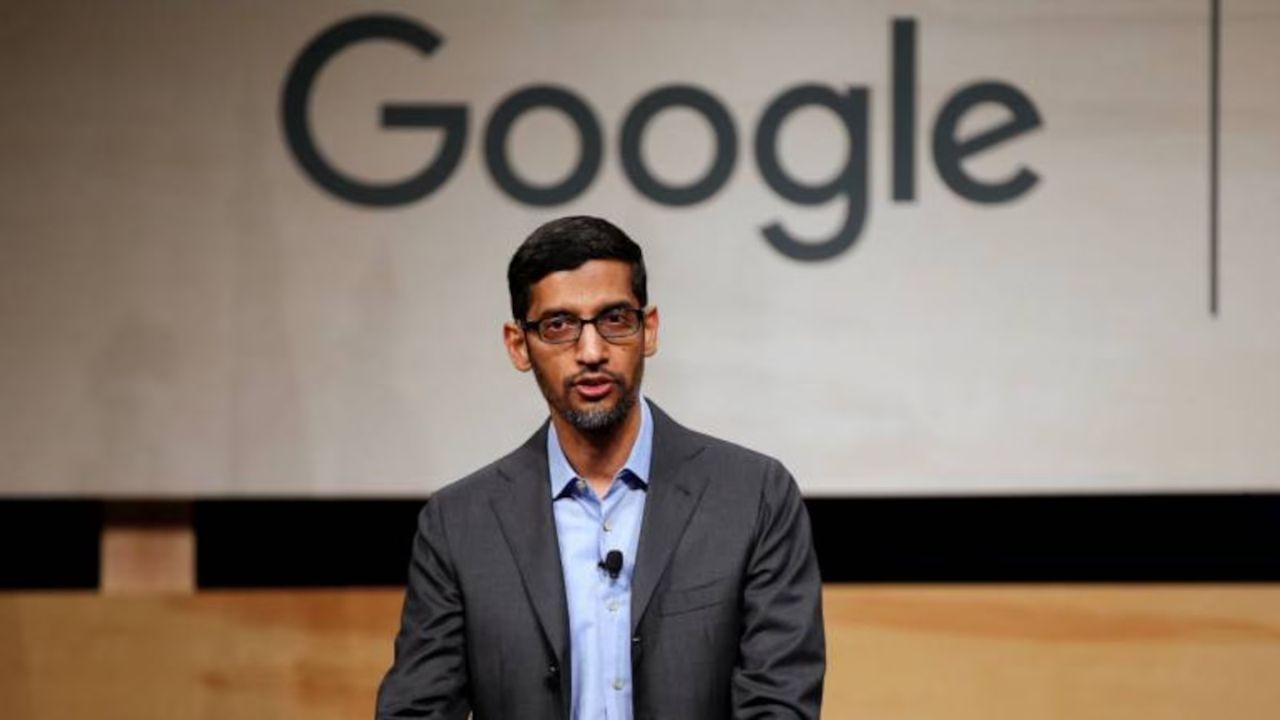Inside Google’s sprawling headquarters last week, chief executive Sundar Pichai delivered an urgent message to his workforce: 2025 will be a decisive year for the tech giant as it grapples with mounting competitive pressures and the relentless advance of artificial intelligence.
“The stakes are high,” Pichai told employees during a December 18 strategy meeting, where executives — sporting festive holiday sweaters — outlined their vision for the coming year. “These are disruptive moments.” An audio was obtained by CNBC which reported on Pichai’s meeting with employees.
The gathering offered a window into Google’s strategic priorities as it confronts perhaps its most challenging period since going public two decades ago. Despite robust growth in its search advertising and cloud computing divisions, the company faces unprecedented scrutiny of its market dominance and growing questions about its ability to maintain its edge in the rapidly evolving AI landscape.
Pichai’s remarks come as Google contends with a series of legal challenges that strike at the heart of its business model. In August, a federal judge ruled that the company maintains an illegal monopoly in search. The Justice Department has since pushed for the divestiture of Google’s Chrome browser division, while a separate antitrust trial concerning its advertising technology practices awaits judgment.
“It’s not lost on me that we are facing scrutiny across the world,” Pichai acknowledged, according to audio obtained by CNBC, while emphasizing the importance of maintaining focus amid the regulatory headwinds.
The rise of generative AI has reshaped the competitive landscape that Google long dominated. OpenAI, valued at $157 billion and backed by Microsoft, has emerged as a formidable rival, announcing plans for its own search engine. Meanwhile, Perplexity, an AI-powered search startup, recently secured a $500 million investment at a $9 billion valuation.
Google’s response centers on Gemini, its flagship AI model and accompanying mobile application, which executives view as their next product poised to reach half a billion users. “Scaling Gemini on the consumer side will be our biggest focus next year,” Pichai said, though he acknowledged that the company has ground to make up.
Demis Hassabis, co-founder of Google’s DeepMind unit, outlined an ambitious vision for Gemini as a universal assistant capable of operating across “any domain, any modality or any device.” The statement came in response to employee concerns about ChatGPT’s growing cultural cachet in the AI space.
During the meeting, Pichai displayed data suggesting Gemini 1.5 outperforms OpenAI’s GPT model, while striking a measured tone about the competitive dynamics. “In history, you don’t always need to be first but you have to execute well and really be the best in class as a product,” he said. “I think that’s what 2025 is all about.”
